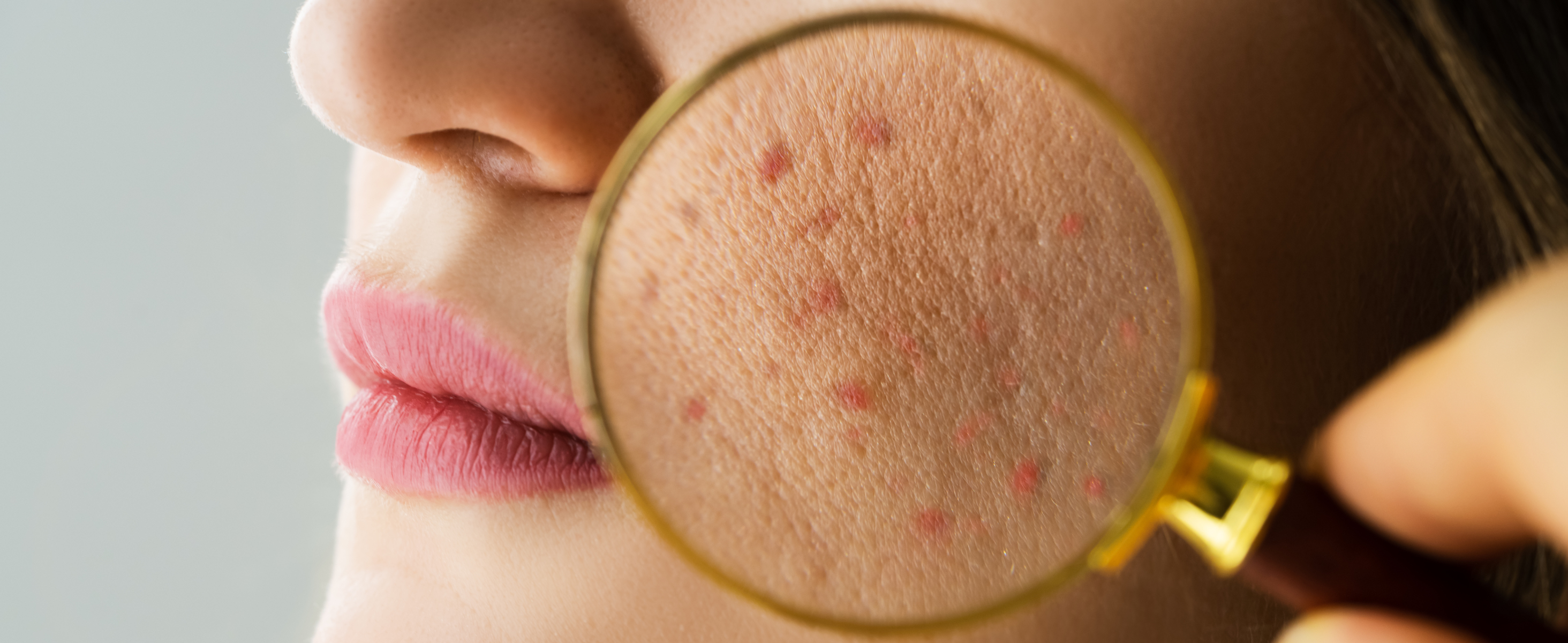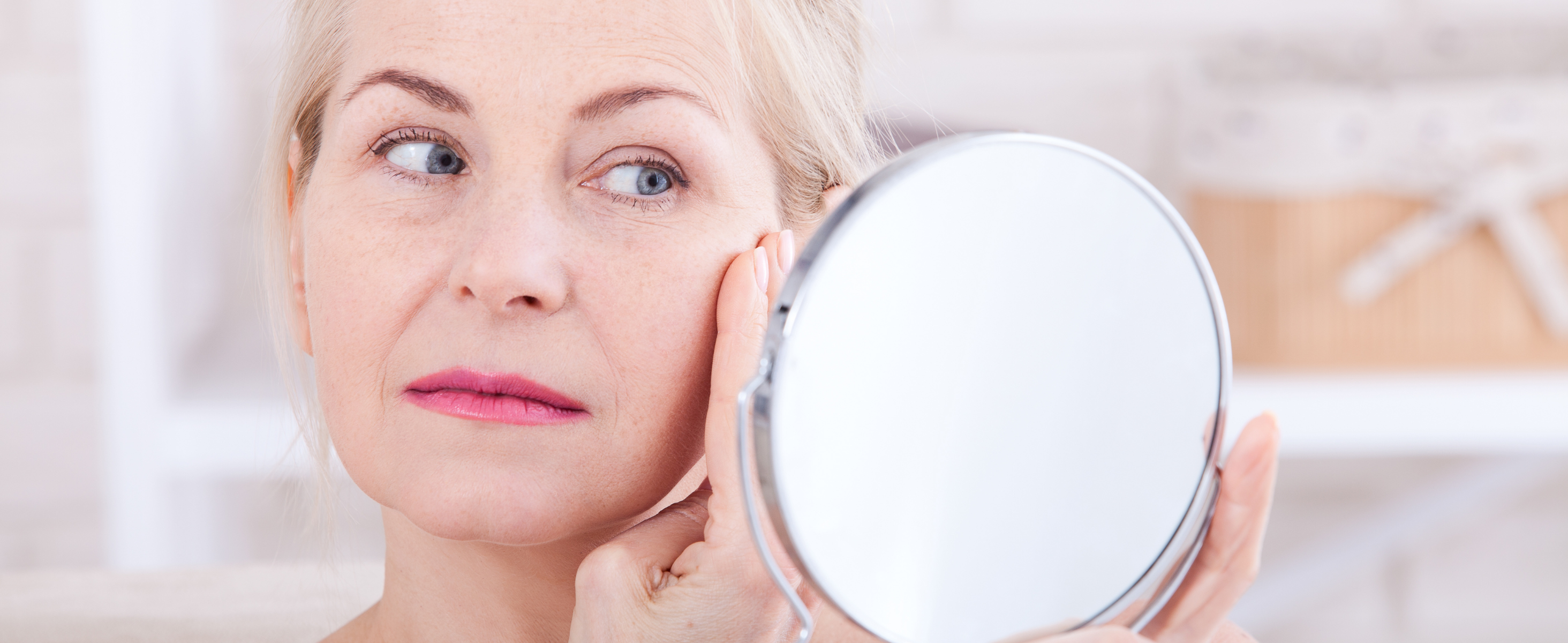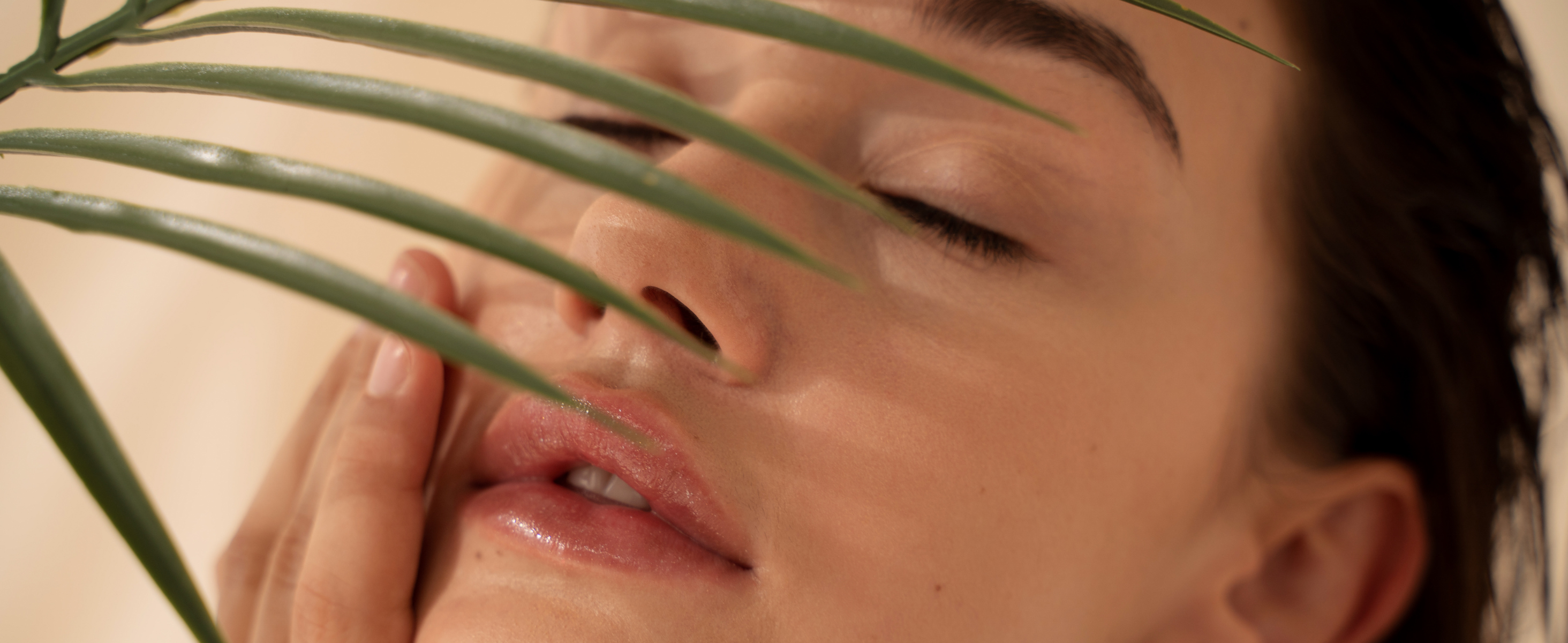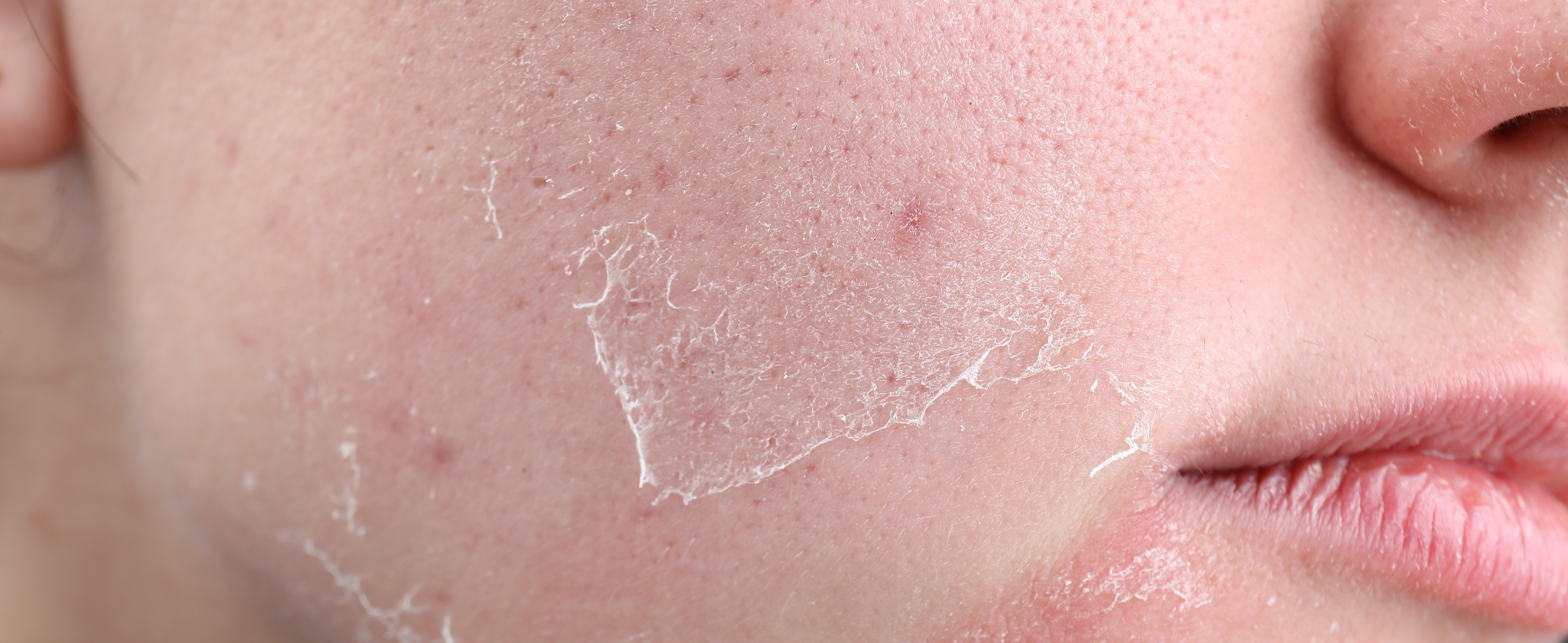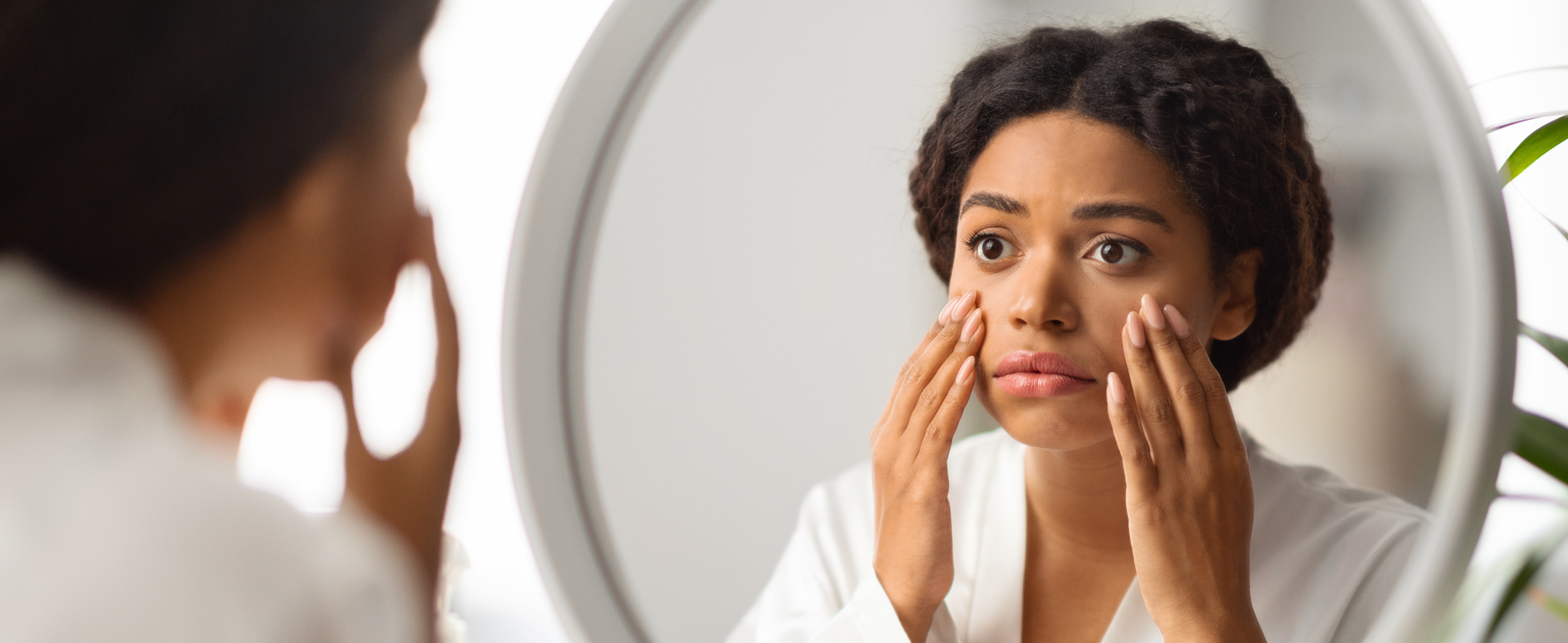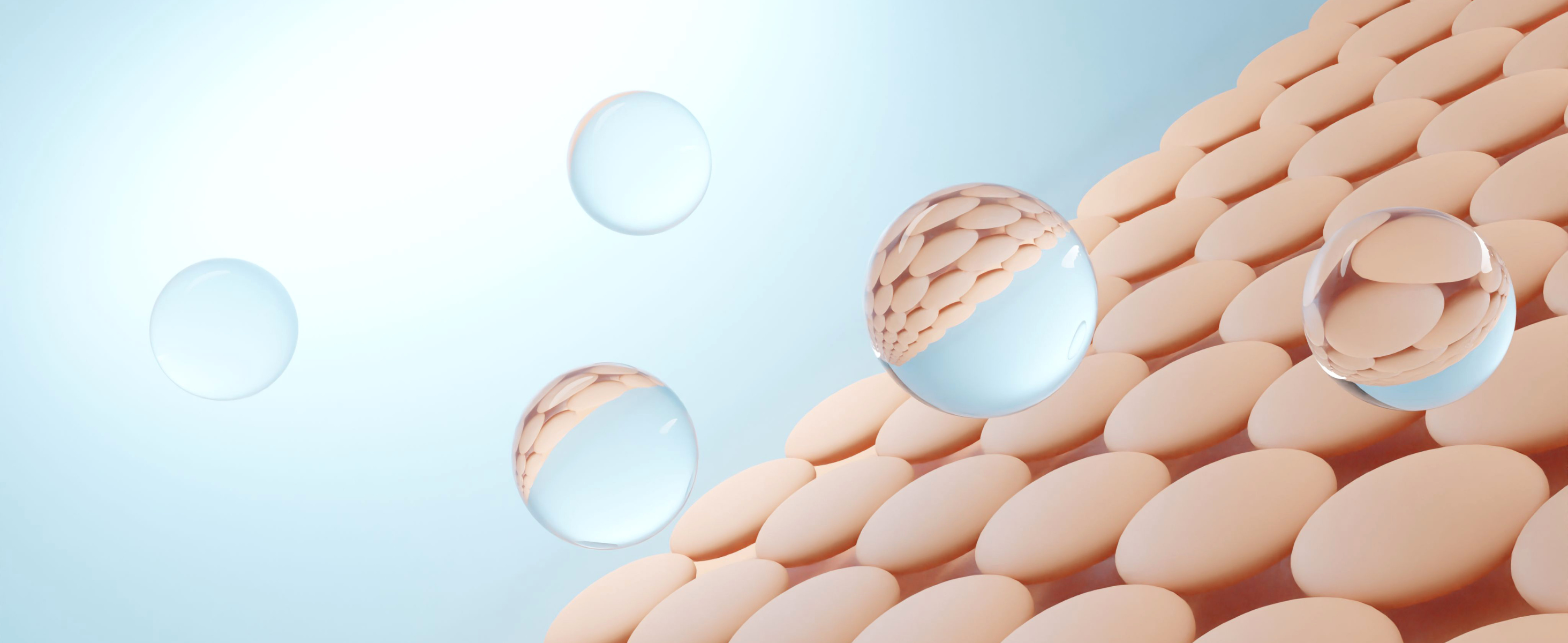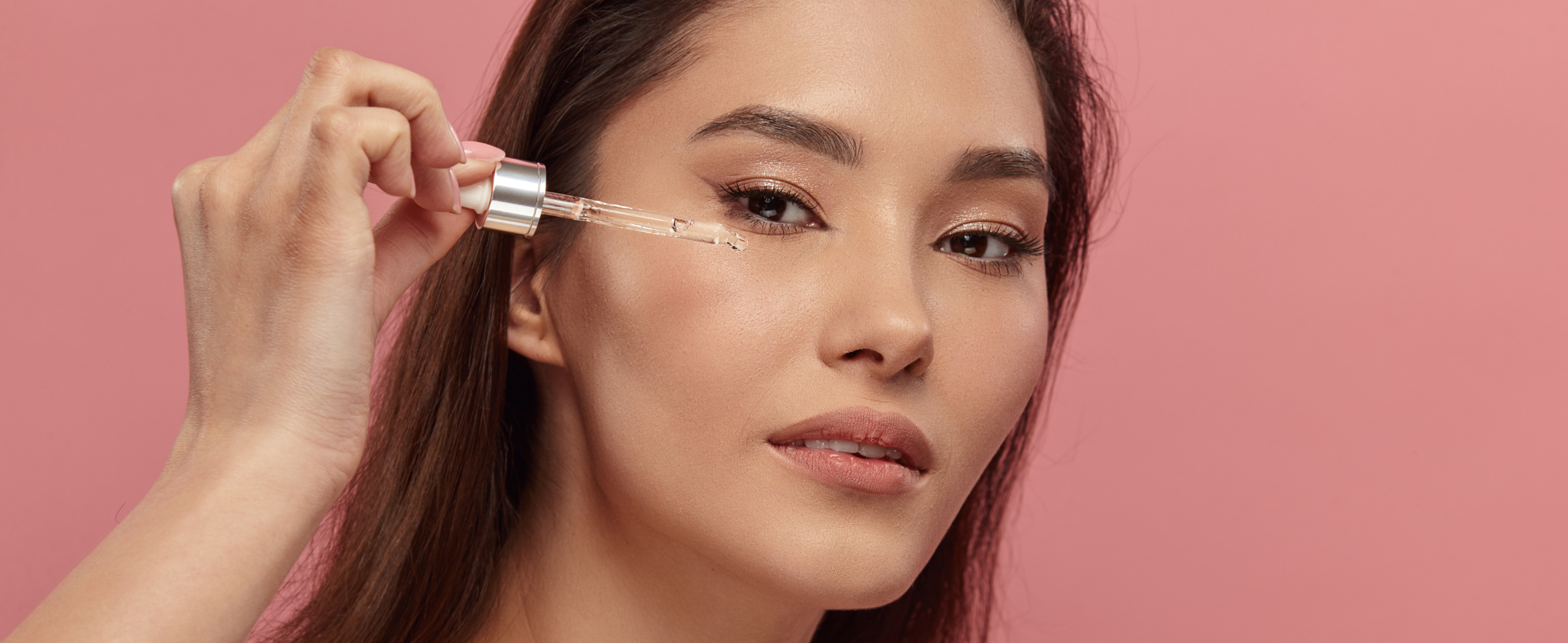Retinol, a derivative of vitamin A, has long been celebrated for its anti-aging properties. However, its efficacy in treating acne has garnered significant attention in recent years. In this article, we'll delve into the benefits of retinol for acne, its application, and how to incorporate it into your skincare routine effectively.
1. Is Retinol Good for Acne?
Yes, retinol is beneficial for acne-prone skin. It works by promoting cell turnover, which helps prevent the clogging of pores—a primary cause of acne. Additionally, retinol possesses anti-inflammatory properties that can reduce the redness and swelling associated with acne lesions.
2. What Are the Benefits of Retinol for Acne?
Retinol offers several advantages for those battling acne:
- Unclogs Pores: By accelerating the shedding of dead skin cells, retinol prevents the formation of comedones (blackheads and whiteheads).
- Reduces Inflammation: Its anti-inflammatory properties help soothe active breakouts.
- Fades Post-Acne Marks: Regular use can diminish hyperpigmentation and acne scars by promoting the growth of new skin cells.
- Regulates Oil Production: Retinol can help balance sebum production, reducing the likelihood of future breakouts.
3. How Long Does It Take for Retinol to Work on Acne?
The timeline for visible results varies among individuals. Some may notice improvements in skin texture and a reduction in breakouts within 4 to 6 weeks. However, more significant changes, such as the fading of acne scars and overall skin clarity, may take up to 12 weeks or longer. It's essential to be patient and consistent with application, as retinol's benefits compound over time.
4. Can You Put Retinol on Cystic Acne?
Retinol can be applied to areas affected by cystic acne, but its effectiveness may be limited for severe cases. Cystic acne is characterized by deep, inflamed breakouts that may not respond adequately to over-the-counter retinol products. In such instances, dermatologists often recommend prescription-strength retinoids or other treatments, such as oral medications, to address the condition more effectively.
5. How to Combine Retinol with Other Skincare Ingredients for Acne
Integrating retinol into your skincare regimen requires careful consideration to maximize benefits and minimize irritation:
- Hydrating Ingredients: Pair retinol with moisturizers containing hyaluronic acid or ceramides to maintain skin hydration and barrier function.
- Niacinamide: This ingredient can complement retinol by reducing inflammation and enhancing skin barrier resilience.
- Avoid Certain Combinations: It's advisable to avoid using retinol simultaneously with products containing benzoyl peroxide, salicylic acid, or vitamin C, as these combinations can increase the risk of skin irritation. If you wish to use these ingredients, consider applying them at different times of the day or on alternate days.
- Sun Protection: Retinol can increase skin sensitivity to the sun. Always apply a broad-spectrum sunscreen during the day to protect your skin.
6. The Bottom Line
Retinol is a valuable asset in the fight against acne, offering benefits that range from preventing breakouts to improving skin texture and tone. While it may not be a standalone solution for severe forms like cystic acne, incorporating retinol into a well-rounded skincare routine can yield significant improvements for many individuals. As with any skincare product, it's crucial to monitor your skin's response and consult with a dermatologist to tailor treatments to your specific needs.

